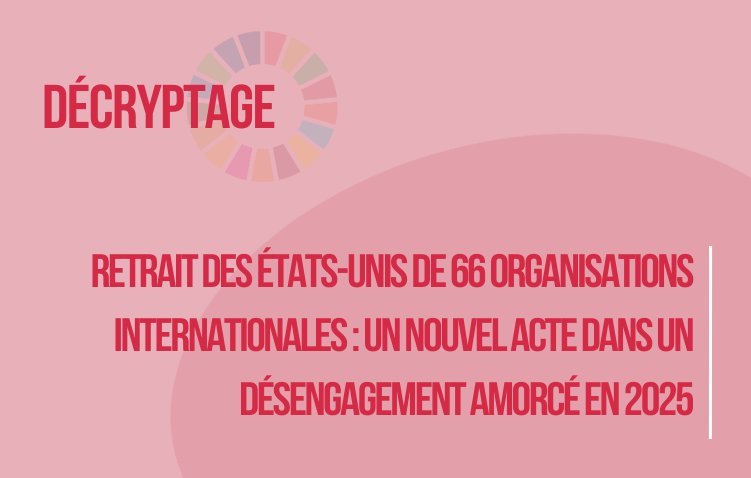Who knows the Sustainable Development Goals in France, Germany, the UK and the USA?
Publié le 17/01/2024.
The DEL project measures on a regular basis the degree of knowledge of the Sustainable Development Goals in four countries to assess the level of citizen ownership of the Agenda 2030 endorsed by 193 countries at the UN in 2015.
According to our latest survey which took place in October 2023, the level of knowledge of the SDGs still suffers from a limited notoriety in the four countries where we regularly conduct the study, .i.e. France, Germany, the UK and the US.
According to the latest data available, from 8% (in the UK) to 12% (in the United States) of the general population indicate they heard or read about the Sustainable Development Goals and declare (or pretend) to know what the SDGs are.
Interestingly, the level of education seems to be the main discriminating variable explaining the level of knowledge of the 2030 Agenda, in each of the four countries surveyed – (except in Germany).
Young respondents are more likely to know (or pretend to know) about the SDGs but also more likely to actually declare “Don’t know” to this question (except in France). This may be due to the polysemy of the expression “sustainable development” which mostly refers, in the common language, to environmental issues, a cause which is particularly supported by the younger generations. This specificity looks less relevant in the US.
Like in most surveys, men are more likely than women to declare that they know (about something in general), which is not enough, for instance, to draw the conclusion than men are more aware than women of the SDGs as a concept, nor of the 17 themes of the SDGs.
France
Germany
United Kindgom
United States of America
This data comes from our survey conducted by the YouGov Institute and piloted by the research team at University College London and the University of Birmingham as part of the Development Engagement Lab project which measures the evolution of opinions and behaviors on issues of international solidarity in four countries.











